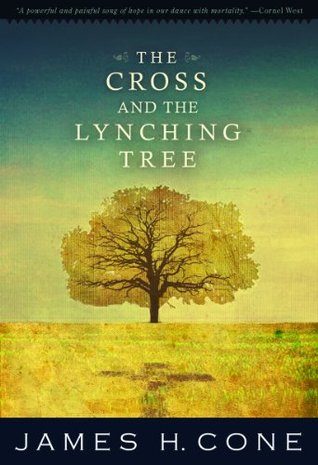“A significant number of female lynchings were not suspected of any crime,” writes historian Patrick J. Huber. “These ‘collateral victims’ died in place of an intended male target, such as a father, son, or brother, who had eluded the grasp of a frustrated mob.”[7]
Welcome back. Just a moment while we sign you in to your Goodreads account.


